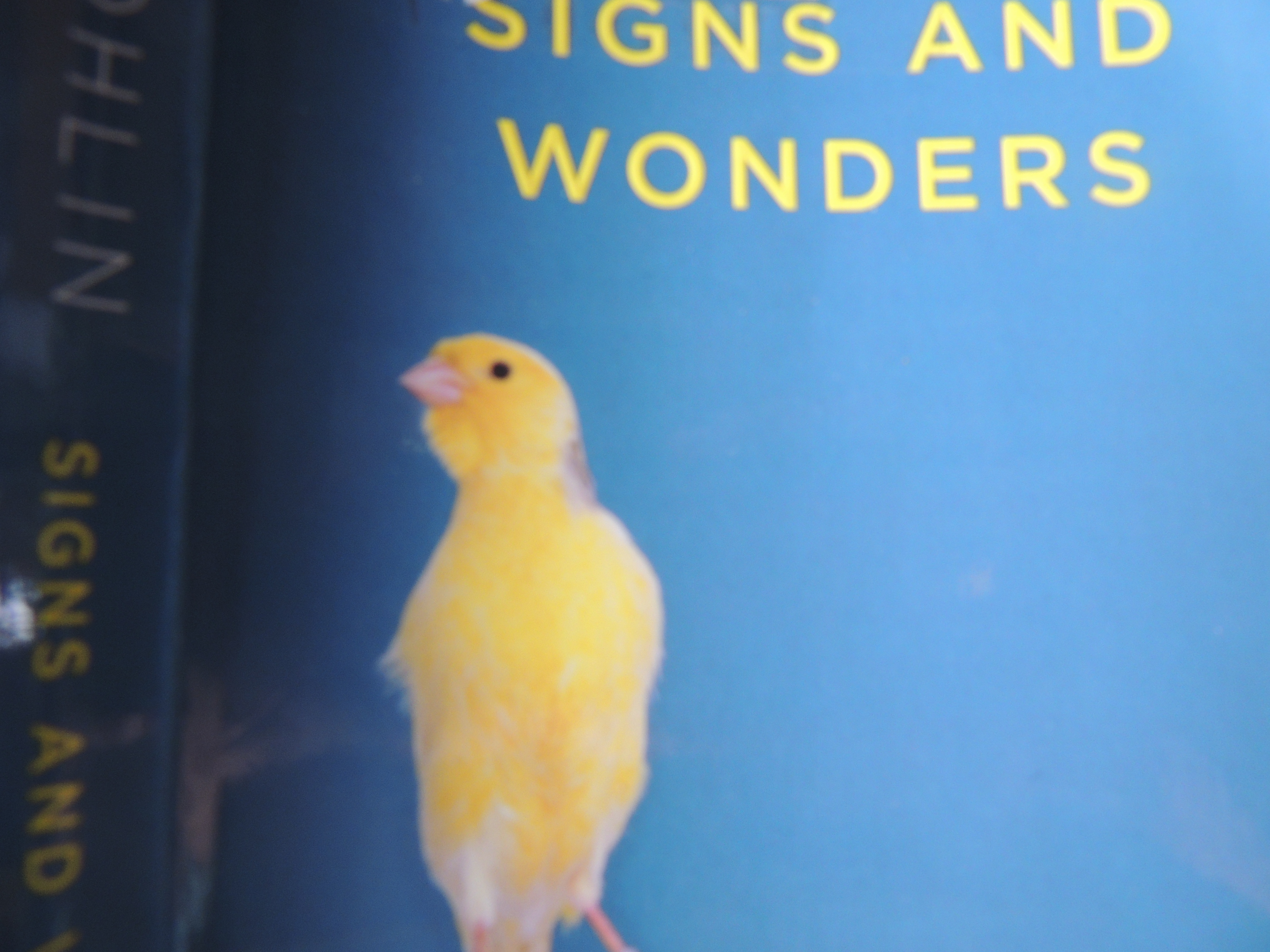Signs and Wonders, Alix Ohlin’s collection of short stories, is a beautiful book. Ohlin makes the art of writing short stories seem like a cakewalk. Her writing appears effortless; her choice of wording so perfect that you think to yourself ‘of course that’s the only way it could be said.’ Many writers of short stories often make the reader work for meaning. Writers like Alice Munro and Margaret Atwood (two writers I admire, by the way) use dense prose sprinkled with the prosaic in literary fiction. In contrast, Ohlin’s prose is deceptively simple, but far from simplistic.
Novelist William Giraldi lambastes Ohlin’s writing mercilessly.He takes her to task in the The New York Times for what he calls her ‘weakness’ in language. In an attempt to prove his point, he cites Ohlin’s use of phrases such as “a fresh start”, “a dive bar” and “brilliantly smart.” Giraldi implies that short stories ought to be written in a certain style or they are morally wanting. Ohlin’s language is not weak. She is using the ‘oral mode’ rather than ‘metalanguage’. Metalanguage is the bookish intellectualized language that schools and universities demand of the highly educated. Yet it is exactly this oral mode that makes Ohlin’s characters sound like real people. It is her ability to replicate conversation that is her strength, rather than her weakness.She is able to capture the voices of men and women from a particular locale, culture or class. And in a few pages, she is able to draw the reader into a world that suits her characters.
What sets Ohlin apart from many other writers of short stories is her ability to find compassion for the humanity in each of us.
Alix Ohlin is a superb storyteller. Read this book. It is a rare gem.

